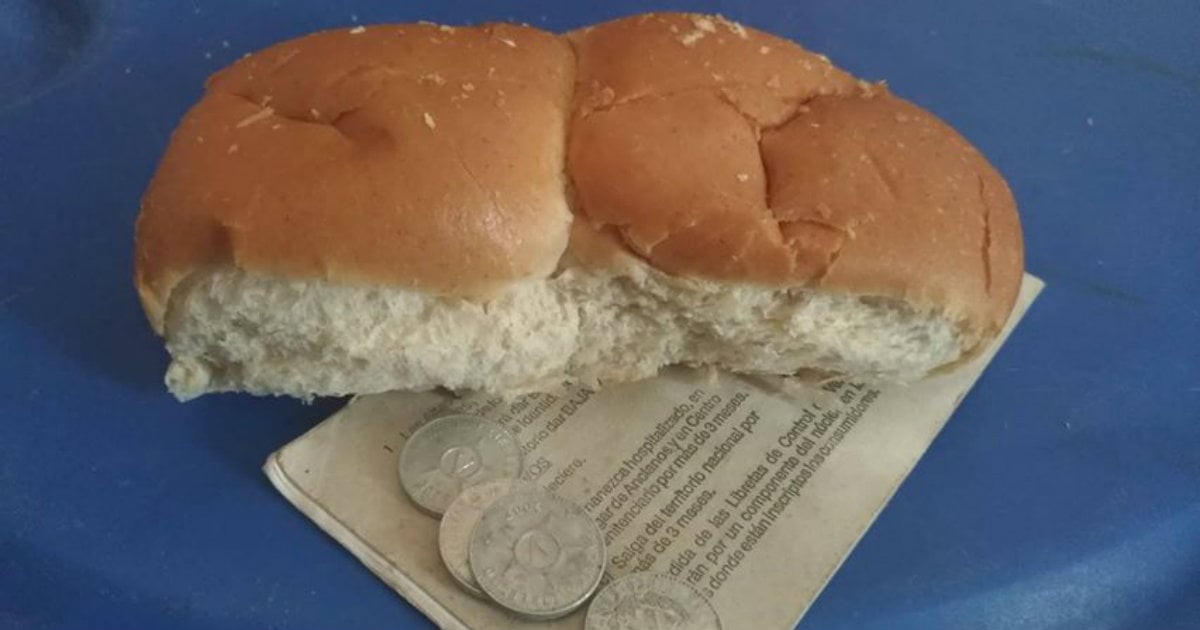
The food crisis in Cuba has reached alarming levels, with the population facing a growing shortage of basic products and the regime offering no solutions.
Linorka Montenegro, a 55-year-old Cuban, admitted in statements to the AFP agency that "the truth" is that "this is wrong."
"My cold is empty, there is nothing," confesses the woman, whose comment reflects the widespread sentiment on the island, where, in addition to inflation and shortages, subsidized food is also in short supply, which for decades has provided relief for Cuban families.
This week it was revealed that the shortages of the products regulated by the government for its population will continue throughout the month of September, during which Cubans will stop receiving coffee and oil, there are shortages in the distribution of sugar, and the allocated pounds of the remaining items will not be completed for another consecutive month.
Betsy Díaz Velázquez, Minister of Domestic Trade, explained that in Cuba "we do not have plans for the month of September, just as there was none in August, for either oil or coffee."
Unable to guarantee the basic basket, the regime has even modified the weights of bread. Currently, the rationed bread has decreased from 80 to 60 grams, and Cubans are forced to stand in long lines to receive a portion that barely satisfies their needs.
The situation worsens with reports that ships loaded with wheat, rice, and other food items remain anchored in ports due to a lack of financing for the payment of the merchandise.
"I am given seven loaves of bread a day, one for each member of the family. My grandchildren practically eat them all," explained Rosalía Terrero, a worker at a bodega in Centro Habana.
It points out another element that the Cuban regime tries to downplay, which is popular discontent: "Cubans remain angry from the moment they wake up until they go to bed," Terrero said.
The Ministry of Food Industry admitted that, by September, only 600 tons of wheat have been acquired, far below the 3,000 tons needed monthly.
Cuba is going through its worst economic crisis since the 1990s, characterized not only by food shortages but also by a lack of medicines, fuel, and a constant increase in inflation.
The Minister of Energy, Vicente de la O Levi, stated that a 20,000-ton ship is enough for a week. It takes 2 or 3 ships over 7 days to supply diesel, gasoline, liquefied gas, fuel oil, and turbo fuel to keep the country running and reduce blackouts, which currently reach up to 12 hours a day in several locations.
The crisis, which worsened since 2021 with the implementation of failed economic policies, has changed the national landscape. The exodus caused the Cuban population to fall by 18% between 2022 and 2023, reaching 8.62 million people.
The economically active population fled Cuba, where the elderly group is the only one growing within the country.
What do you think?
COMMENTFiled under: